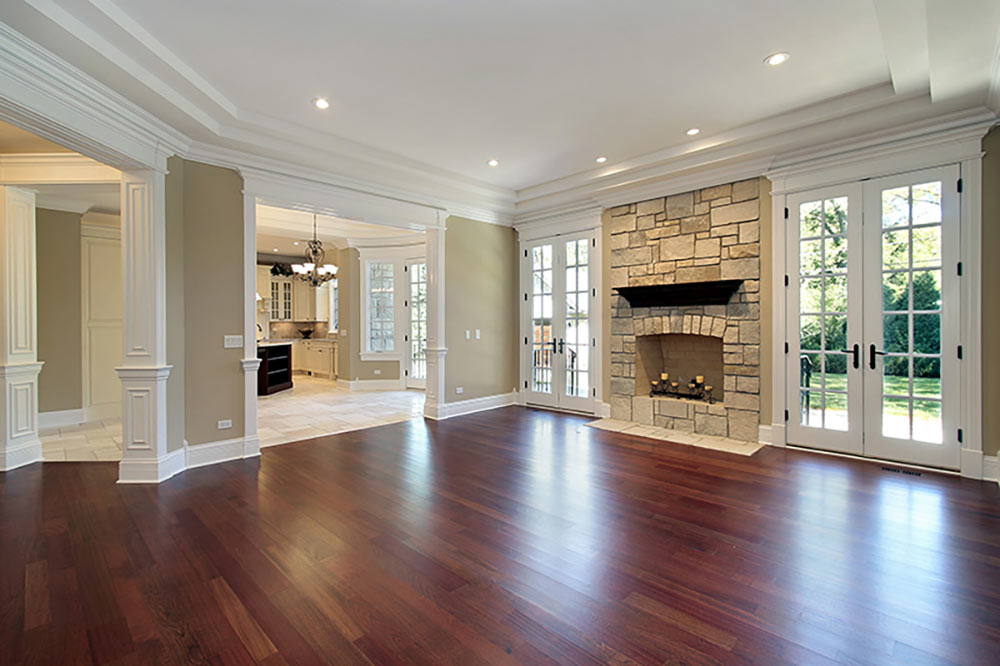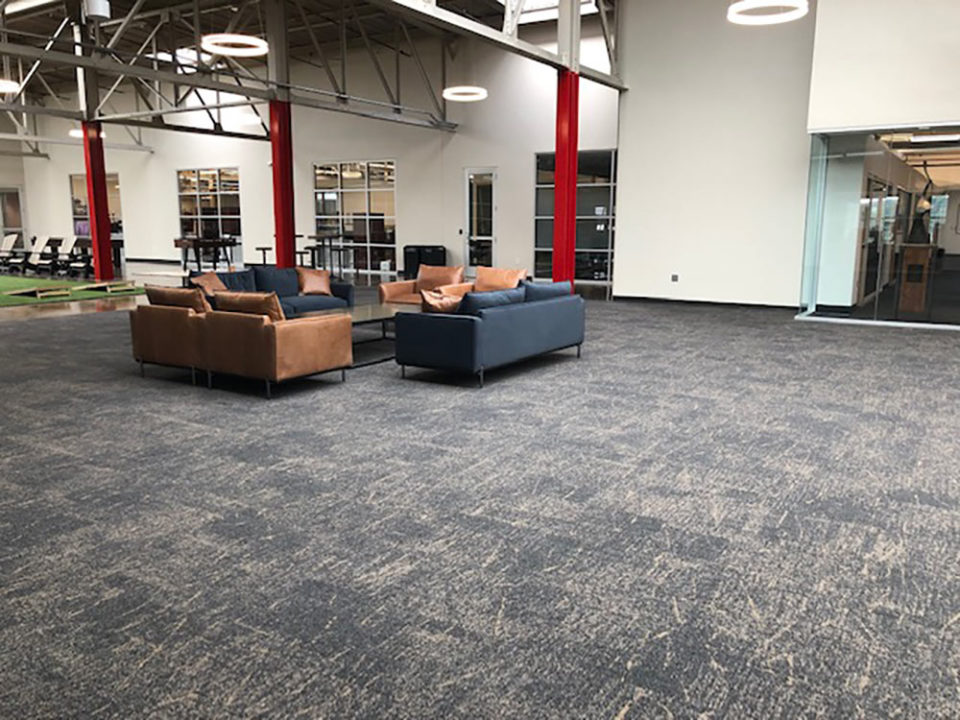
How often do you think about what is beneath your feet: the floor of your home or office?
Flooring can be taken for granted by some, but that can be a mistake. You wear down your floors every day, and the signs of wear and tear that often appear first can make a negative first impression on visitors to your home or business.
You might be tempted to buy the cheapest material if you are thinking about replacing one or more of your floors, but that can end up being a costly mistake. The same way you wouldn’t hire an employee who isn’t qualified for the job, you shouldn’t install a floor that isn’t suitable for the purpose it’s intended for.
If you’re searching for the right flooring for your office or home, here are some things to consider.
Durability
Every room does not see the same amount of foot traffic. The flooring in high traffic areas needs to be able to withstand a great deal of abuse while showing minimal signs of wear.
In the entryway of your home or business, it is especially important to install a durable floor. This is the first place people see when they enter your premises, so it will make a strong first impression. Additionally, entryways not only see a lot of people entering and leaving but must also stand up to water, mud, and debris that people often carry into a building on their shoes.
Purpose
Depending on the purpose and function of a room, you should install a certain type of flooring. Water-resistant flooring is required in restrooms, such as tile or vinyl. In the bathroom, materials such as carpet or wood may not work well, as they would elsewhere in the building. Mold can form on wet carpets, and wood floors exposed to moisture can warp.
Maintenance
It’s likely that you have more important things to worry about than cleaning and maintaining your floors if you’re running a business or managing a household. Choosing a flooring material that is easy to clean and care for is a wise choice if you lead a busy life and see a lot of traffic in the area you are flooring.
What Flooring Creaks and Squeaks Are Trying to Tell You
As old and new homes settle, you may hear creaking noises when you walk on the hardwood floors of your home or on an upstairs level. What are the signs that you should look for? Do you need to be concerned? If you hear routine squeaks, you can determine when you should contact a flooring professional to assess the situation and make repairs.
It’s Not the Heat…
Squeaky floor boards are commonly caused by changes in temperature and humidity. Your hardwood floors lose moisture when the temperature and humidity fall. Conversely, hardwoods may swell when the humidity and temperatures rise. The result could be creaking. Some of these noises are common, but they may also be caused by incorrect installation, especially if the wood planks haven’t been allowed to acclimate.
Popping and Locking
Have you ever heard a distinctive popping sound while walking across the floor? The chances are that you are hearing your subfloor rub against the nails of any loose floor planks. If the flooring was installed incorrectly, then any loose planks may need to be screwed down. A part or all of your floor may need to be replaced in that case. Prior to installing hardwood, engineered wood, or laminate planks, a flooring installation team can ensure the subfloor is level and the moisture barrier is adequate.
Feeling Hollow
The hollow sound may indicate another type of problem: an insufficient underlayer for the type of flooring you have, especially if the flooring was installed with the floating method. If the noise is coming from your underlayer, which can range from inexpensive foam to pricey cork, look into the material used. Your flooring may need to be reinstalled using glue, nails, or staples if the hollow sound persists even when the underlayer is fine.
It’s good to know that no matter what is causing your creaks and squeaks, there is a solution to find peace and quiet.
Flooring Experts
We can help you choose a flooring material that will hold up for years to come.



